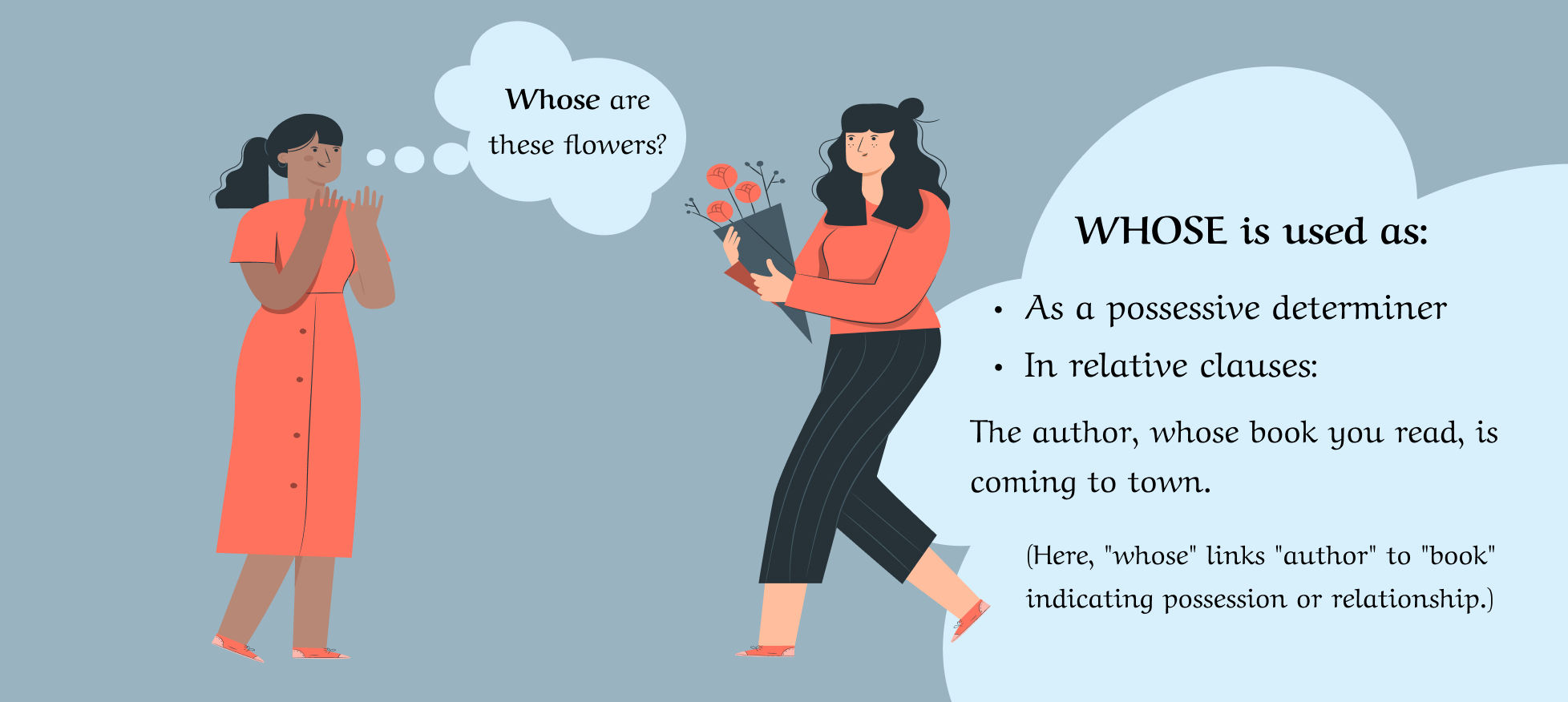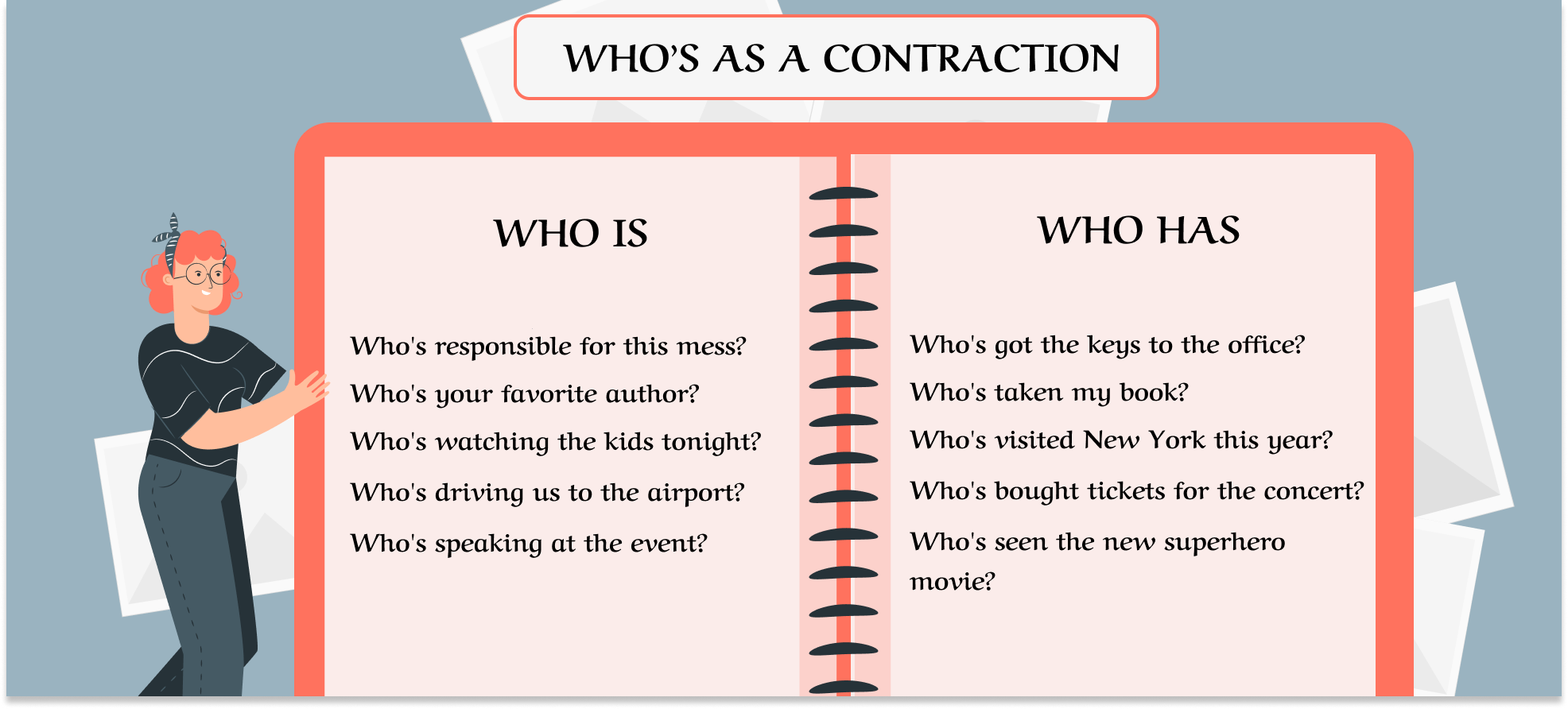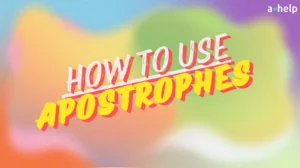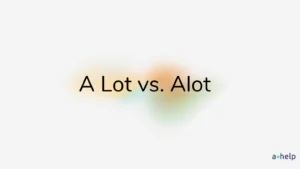“Whose” and “who’s” are two English words that are frequently confused in grammar checking, mainly due to their similar pronunciation. Indeed, it’s hard to distinguish between the two when you hear someone pronounce them. However, they serve completely different grammatical functions, and once you understand the difference, you’ll never wonder which one to use and when. “Whose” is a possessive pronoun used to describe ownership or association, whereas “who’s” is a contraction of “who is” or “who has,” used in informal contexts to condense these phrases.

✅ AI Essay Writer ✅ AI Detector ✅ Plagchecker ✅ Paraphraser
✅ Summarizer ✅ Citation Generator
What is “Whose”?
“Whose” is a possessive pronoun that is used to attribute ownership or a relationship to someone. It helps in identifying which person something belongs to or is associated with. As a possessive form, whose is used to link one person to another through an object or a characteristic, similar to “his,” “her,” “its,” or “their,” but is specifically related to “who.”

“Whose” can primarily function as a determiner or as a pronoun in a sentence. It is used to introduce a relative clause, providing more information about the subject referred to by “who.”
What is “Who’s”?
“Who’s” is a contraction, short for “who is” or “who has.” This contraction is typically used in informal writing and speech to simplify the expression. It is important to note that “who’s” should only be used when you mean “who is” or “who has,” and never in the possessive sense, which is reserved for “whose.”

“Whose” vs “Who’s”: Practice Exercises
Now, that we’ve covered the difference between the two words, it’s time to solidify your understanding. These practice activities will help you comprehend when to use “whose” and “who’s.”
Fill in the Blanks
- ______ going to lead the project discussion today? (Who’s/Whose)
- ______ idea was it to change the meeting time? (Who’s/Whose)
- ______ been in charge of the annual sales report? (Who’s/Whose)
- ______ laptop is on the desk? (Who’s/Whose)
- ______ got the highest score on the test? (Who’s/Whose)
- ______ excited for the upcoming holiday? (Who’s/Whose)
- ______ coat is this hanging in the hallway? (Who’s/Whose)
- ______ attending the conference next month? (Who’s/Whose)
- ______ already seen the latest horror movie? (Who’s/Whose)
- ______ birthday is coming up next week? (Who’s/Whose)
Multiple Choice Questions
- Choose the correct word to fill in the blank:
“______ the manager of this department?”
a) Whose
b) Who’s - Choose the correct word to fill in the blank:
“I wonder ______ jacket this is?”
a) whose
b) who’s - Choose the correct word to fill in the blank:
“______ been using my computer without permission?”
a) Whose
b) Who’s - Choose the correct word to fill in the blank:
“______ got the keys to the storage room?”
a) Whose
b) Who’s - Choose the correct word to fill in the blank:
“______ project won the innovation award?”
a) Whose
b) Who’s
FAQ
Follow us on Reddit for more insights and updates.





Comments (0)
Welcome to A*Help comments!
We’re all about debate and discussion at A*Help.
We value the diverse opinions of users, so you may find points of view that you don’t agree with. And that’s cool. However, there are certain things we’re not OK with: attempts to manipulate our data in any way, for example, or the posting of discriminative, offensive, hateful, or disparaging material.